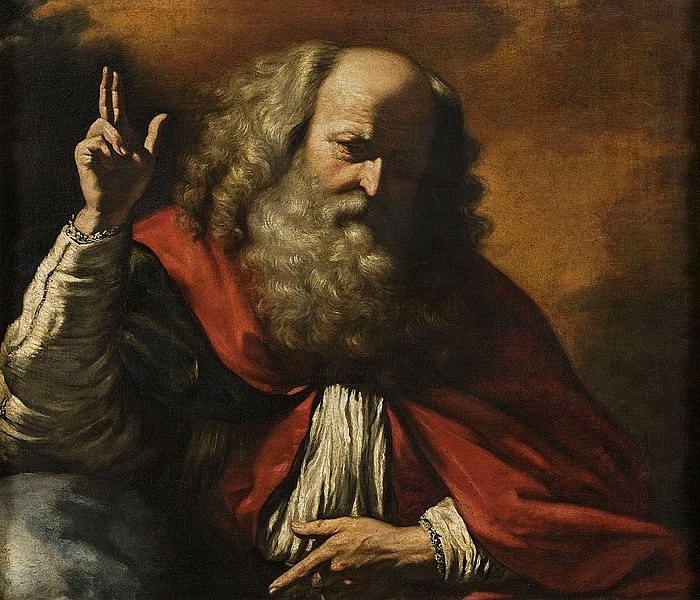The popular belief that “the times they are a-changin’” has been with us for a long time. I can remember it from even before Bob Dylan, or imagine that I can. The phrases change, but by now I have endured more “new world orders” than I could shake a stick at. Every politician has promised a new approach to everything. There is consensus that we have entered a Brave New World.
Rather than fill the rest of this column with such vapid observations, I will simply deny that any of them are true.
Except, it is hard to make a statement that is COMPLETELY untrue. Reality is sufficiently various to forbid that.
Gentle reader may try it for sport. Try to construct an assertion, a “narrative,” that is a total fabrication. At some point, something true will slip in; so that when we hear a lie but, in our niceness, say that there is “some truth in it,” we will be always right.
The person who said everything Lillian Hellman wrote was a lie, including “and” and “the,” was exaggerating. It was Mary McCarthy, who received the subsequent defamation suit, but I think there was some truth in her allegation; as in Hellmann’s response, though it was hard to find.
Similarly there is truth in the suggestion that change happens, even today. But not even our (ludicrous) faith in “revolution” will take that beyond a truism.
At some time in the past there may have been some change that changed everything. One thinks, for instance, of the coming of Our Lord. His return would also have wide-ranging consequences.
But if the Catholic theology is right, and Christ exists “before all worlds,” and is incidentally acknowledged throughout the Old Testament, His arrival in our world did not interfere with continuity.
The Truth was made visible. This is the opposite of change, although the word “change” is (glibly) applied to it. It merely exhibits a trick of vocabulary. We call things what they are not, for lack of a better word. Extremes become interchangeable, as it were.
To some arguable extent, there was a change, or were some changes, at the time of the Reformation. We entered into the age of Modernity. It started about 500 years ago, but its effects were gradual. They continue.
But this is misleading. Events potentially leading to the Reformation began centuries before, and also continue. The historians may argue about what led to what, without hope for any lasting agreement. The fact of schism, itself, is nothing new. It had happened before; it is always happening. Disunity happens, in every human soul.
“Post-modernity” is just an extension of that same-old, same-old rebellion, that goes back through Eve, to Adam – who were, practically speaking, not an innovation.
To the progressive scientist, they must have “evolved,” from monkeys or fishes or amoeba or whatever. To the view of Genesis, they are conceived out of time.
God does not wake up in the morning with a new, bright idea.

At least, this is not the God Catholics worship. He is not like that at all. Though He is present within time, He is also outside it, and both at once – from a temporal view. Time itself is subsumed in Eternity.
That there are other views of God, in other religions, we may take for granted, for we’ve encountered them in this world. They are of anthropological interest, and historical (which includes the present time), but they cannot touch upon Our Lord, self-revealed.
I am stressing points that ought to be self-evident, to any Christian who has been successfully catechized. By “successfully” I mean: grasps the rudiments, as Euclid grasped the rudiments of geometry.
To the surprise of ancients and moderns alike, we could build on them. We may have missed some subtlety (we always do), but the received doctrines WORK.
And I stress this in resistance to the very false, and transient, human idea of progress.
That the ancients had some glimmering of this idea, can be argued, for I have seen it argued. But that glimmer is nothing like the Enlightenment view, which they passed right over.
Hesiod postulates continuous decline, from a Golden Age. Plato and Aristotle view events as cyclic. The latter will allow that things can be improved, within the city-state that makes civilization possible, but does not insist on it, and hardly could believe improvements were inevitable.
Augustine confutes the cyclical view, which would preclude Christ. But note where he places the radical divide, between City of God, and the City of Man, although they intermingle in our world.
He rises above the obsession with man alone. He is clear on things that we muddy today, when, as we relax back into the Pagan, we conceive of man again alone.
Seen clearly, no such thing as Progress is possible, consistent with Eternity. In the end we all die. But more, apart from God, we cannot conceive of a mechanism by which any kind of progress could be assured.
Our science today has been built, quite infirmly, on a paradigm of evolution, and an assumption of progress, for which there can be no scientific proof.
Follow its course in any direction, and one comes to singularity. We cannot show how anything COULD HAVE got started, let alone how it did. We are defenseless against the paradox of our own existence.
Or, we have made ourselves defenseless.
I claim to be a reactionary, and I’ve done my best to prove it. If a reactionary does not oppose, not only the forms of progress that exist in public fantasy, but the very idea of progress, tout court, then, no one is opposing it. There are moments when I think this might be so.
But there are other moments in which I revert to Christ’s singular observation: “Let the dead bury their dead.”
They will.
*Image: God the Father by Guercino (Giovanni Francesco Barbieri), c. 1640 [National Museum of Warsaw, Poland]















